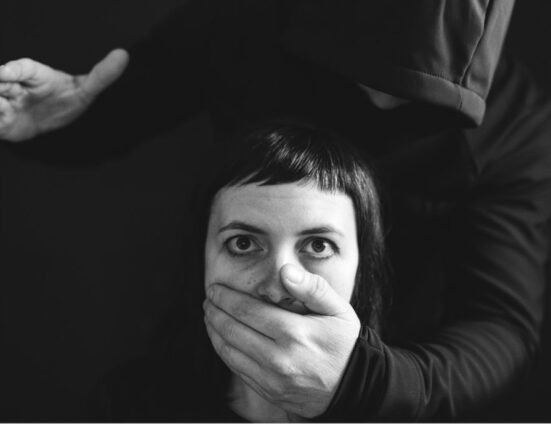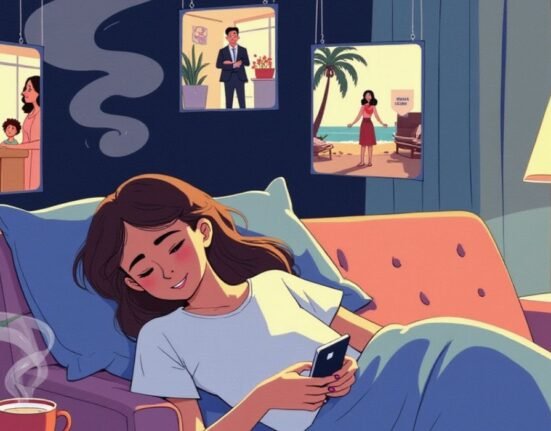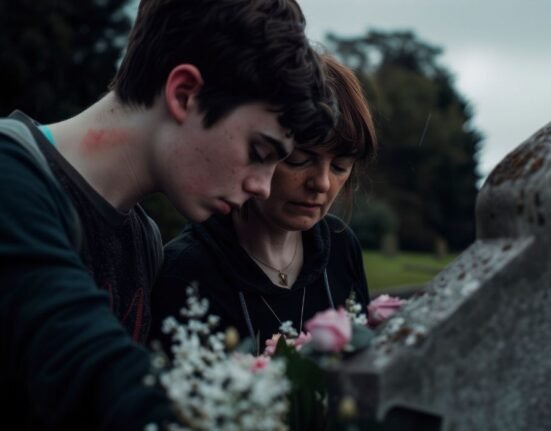Ensembles came into existence with a purpose of providing our body protection from the adversity of the environment. With the onset of contemporary times, Fashion trends of our attires became a statement of our style but recently psychologists had proved that clothes have an impact on our mental health too. In 2012, Adam and Galinsky conducted an experiment to study the power of dressing and its impact on mental health and coined the term “Enclothed Cognition”- means the systematic and profound impact clothing has on an individual’s experiential cognition and psychological processes. Adam and Galinsky (2012) pointed, “Clothes can have profound and systematic psychological and behavioral impact on an individual,”
“Clothes can have profound and systematic psychological and behavioral impact on an individual,”
The phenomenon of Enclothed cognition put forth that our cognitive processes are based on physical experiences that leads to abstract concepts generated by the clothes we wear. Our dressing can enhance or inhibit our psychological states and mood, thus influences our performance on tasks in hand. According to Adam and Galinsky (2012), Enclothed cognition depends on the symbolic meaning associated with the specific clothing as well as the physical experience of wearing it. People usually assign certain symbolic meaning to particular clothing and actually wear it to get that desired psychological impact. When people wear the clothes, they “embody” the clothes’ symbolic meaning; thus, the influence of clothing depends both on wearing the clothing as well as the meaning it evokes in their psychological schemas. Therefore, when a person assigns symbolic stereotype to a clothing article while wearing that the characteristic and ability symbolized by the clothing itself actually seems to have significant impact on psychological states and performance of the individual for example, there might be certain clothing item in ones closet that they consider as “lucky” and they usually wear it while going for something important or challenging and wanted some luck around. Researchers found that wearing clothing that is associated with a particular profession encourages students not only to adopt its traits and but also motivate them to go for that career. In their famous experiment on Enclothed cognition, Adam and Galinsky (2012) found that people who wore a lab coat were more focused and further, when the lab coat was described as a doctor’s coat they experienced increased selective attention compared to others whose lab coat was described as a painter’s coat. This can be related with the children dressing up as a doctor or teacher to play and are usually found to be depicting the characteristic associated with them as a professional. Maddux (2009) maintained that clothes has the power to impact one’s psychological processes as the feedback received on one’s dressing usually leads to the formation of specific psychological schemas, for example, “ I don’t wear this dress, everyone says I look fat in it” or “ I love this outfit, always get compliments, it make me look pretty”
Our dressing style is an expression of our individuality but as proved by enclothed cognition, it is also a powerful tool which affects our psychological processes and mental conditions. Let’s check out how different types of attires are associated with different psychological schemas and mental states:
Power Dressing:
Perfectly tailored formal suits and jackets are always associated with power and confidence. Power dressing boosts up our confidence and leads to the perceptions of strong and confident self as it is found to increase the hormonal levels for dominance, thus, making one a strong confident negotiator and an abstract thinker and thus, helps to instill a sense of authority and power. As pointed by Abraham Rutchick- Professor of Psychology at University of California,
“Putting on the structured formal clothes makes us feel powerful, and as it makes us thinks broadly and perceive the world around us more holistically”. Casual Dressing:
Casual Dressing:
Researches proved that casual dressing is associated with levels of creativity, friendliness and positive moods for socialization. Many studies suggest that casual appearances can help people open up and become friendlier and agreeable. Casual dressing usually takes us into relaxed and fun mood. So, on a dull day undertake a pleasant bright tee with casual chinos to uplift your mood.
Uniforms or Professional Dressing:
Uniforms or dressing related to specific profession activates our schemas of knowledge and expectation about how we should behave as a professional. As wearing uniforms make one conscious of their work responsibilities and more attentive towards their job. In recent times of pandemic with work from home scenario, a study conducted by Woolcock Institute of Medical research (US) found that 59% participants who wore casual pajamas while working from home admitted their productivity in work has declined. Therefore, dressing up for work like professional, even while working from home, can actually activate the ‘official working mode’, and help us to perform better and be more productive.
Traditional dressing:
Ensembles representing ones traditions or usually wore in traditional or religious functions makes one feels more mature, sensible and connected to ones roots. People usually reported feeling more responsible, calm and pious when they dressed up in their religious or traditional clothes.
Hidden Secrets:
Researches had found that even our undergarments had psychological effect of our mental state. Surprisingly hidden clothes like socks and undergarments can had an influence on our confidence levels and self-perception. Putting on an undergarment which we perceive as ‘sexy’ can make us feel more self assured, powerful and confident.
Thus, we can conclude that different types of dressing trends cause variations in our psychological processes and mental state. As pointed by British Fashion designer, Vivienne Westwood-
“Fashion is life-enhancing and like everything that offers pleasure, it’s worth doing well”
So next time wear a formal structured suit if you want to feel confident and powerful, wear a relaxed fit trouser with a bright tee to feel happy-go-lucky or wear a traditional kurta to feel pious- “Just dressed up not only to look good but to feel good too.”












Leave feedback about this